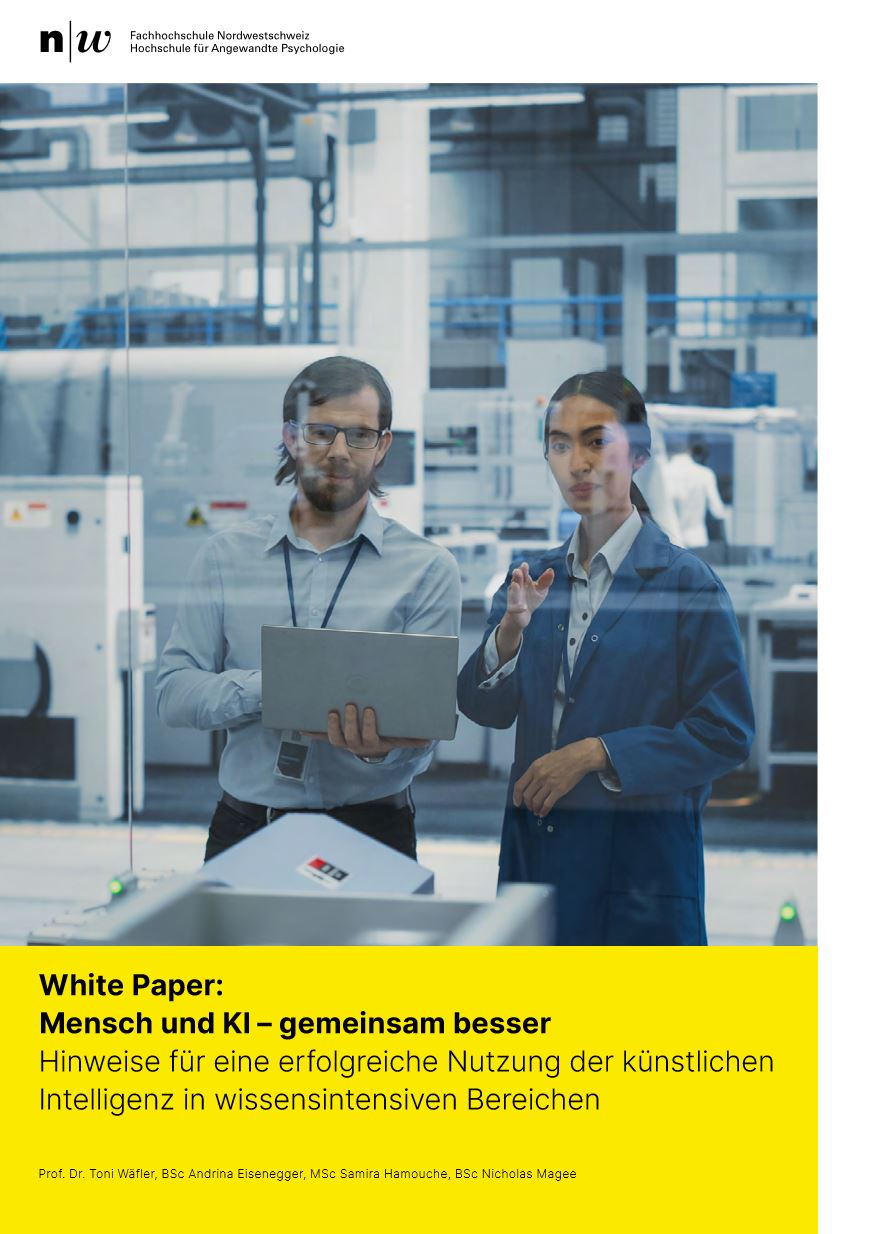Funktion
Professor für Arbeits- und Organisationspsychologie am Institut Mensch in komplexen Systemen an der Hochschule für Angewandte Psychologie FHNW
Kompetenzschwerpunkte
- Sicherheit und Human Factors
- Soziotechnische Systemgestaltung
- Mensch-Technik/Computer Interaktion
- Organisationsentwicklung
- Change Management
- Industrie 4.0, Digitalisierung

Bitte wählen sie eine Person oder Kollektion.
